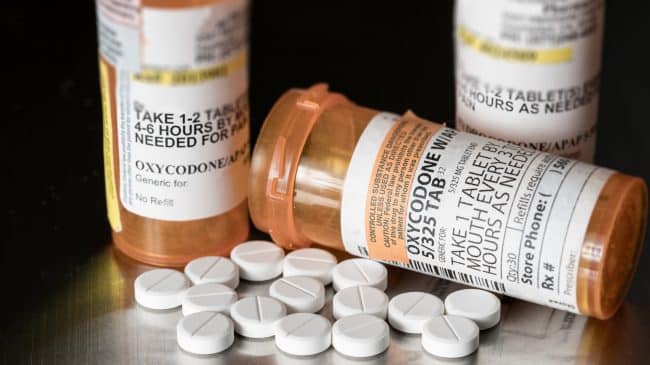News and Opinion
Proprietary Reason Foundation analysis shows there may not be a relationship between opioid prescribing, overdose deaths, and addiction, citing data from Germany.
Clark University will offer a first-of-its-kind certificate program to prepare students for careers in cannabis policy and regulatory issues.
Law students from Harvard and Stanford argue that the only way to end the opioid crisis is to end the war on drugs entirely.
The significant presence of black market dispensaries in California and elsewhere demonstrates how black markets will continue to compete with legal marijuana markets in the future.
Regulating marijuana to limit its potency has no firm scientific basis and leaves high-end products to be supplied by the black market.
Shady practices in Florida pain clinics and may have contributed to the high number of opioid pills distributed in the state.
Legislation, Regulation, and Markets
Illinois’ marijuana legalization bill will place the burden on employers to prove ‘identifying articulable symptoms’ in order to drug test for marijuana, providing one of the most employee-friendly environments in the country.
To avoid falling behind in the CBD market, California is considering a bill that “clarifies that food, drinks, and cosmetics that contain hemp-derived CBD are legal for sale in California.”
Colorado Gov. Jared Polis recently signed legislation that will legalize marijuana delivery in the state, starting in January 2020.
A state attorney in Florida has ordered his assistant state attorneys to drop marijuana possession cases filed on or after July 1.
Utah is considering a state-run medical marijuana dispensary system.
Evidence
The Competitive Enterprise Institute sent a letter to the federal government arguing that the Department of Health and Human Services’ 2015 evaluation of marijuana was incomplete due to lack of peer review and should be withdrawn.
A new study compared counties in Colorado that legalized recreational marijuana with those that did not and found no significant differences in the level of high school marijuana use.
The International City and County Management Association published a report on the local impacts of commercial cannabis.
Researchers in Washington state analyzed wastewater for the presence of cannabinoids and concluded that legal marijuana use has increased and that the illicit market has significantly diminished.
New data show recreational marijuana users drink more alcohol than medical users.
The Center for Disease Control and Prevention recently released provisional drug overdose data, showing the first decline since 2014.
A paper studying data from 2004-to-2014 found no significant decrease in opioid abuse after medical marijuana legalization.
A new survey finds that people using cannabis reduce their use of painkillers and alcohol.
Adolescent exposure to marijuana may not be as damaging to brain development as previously thought.

